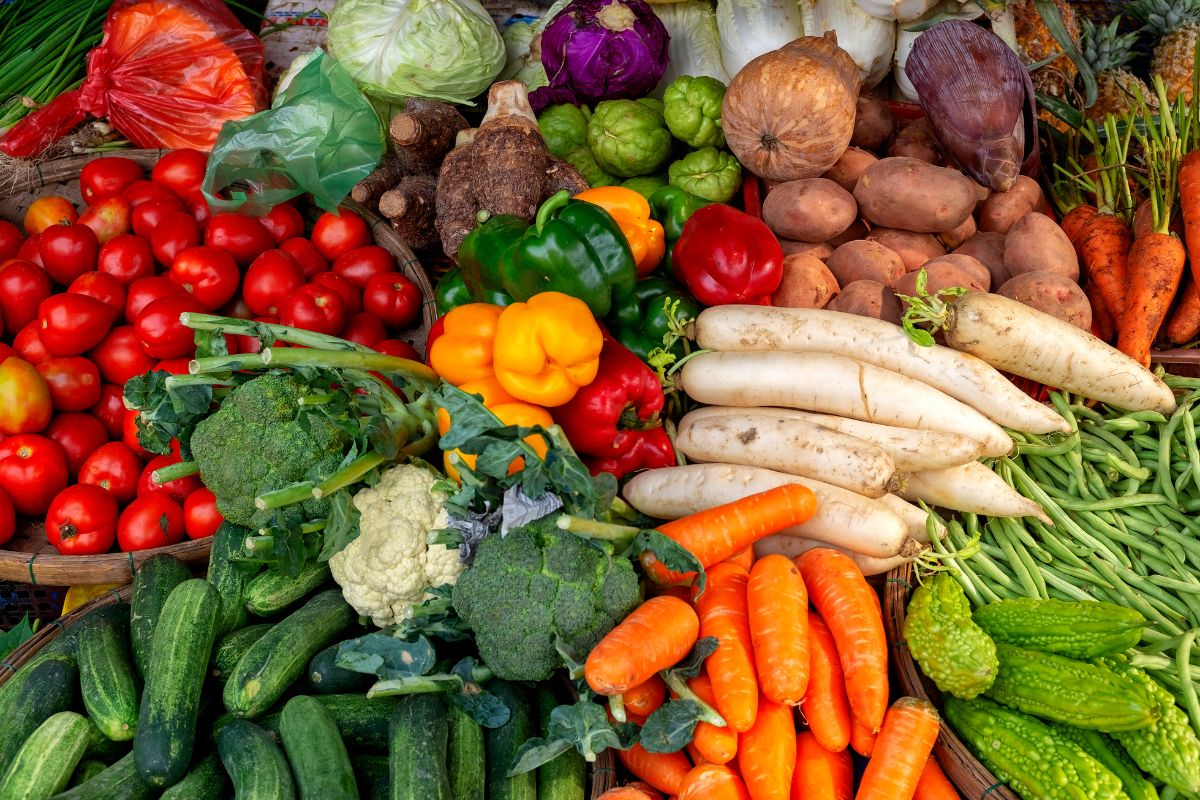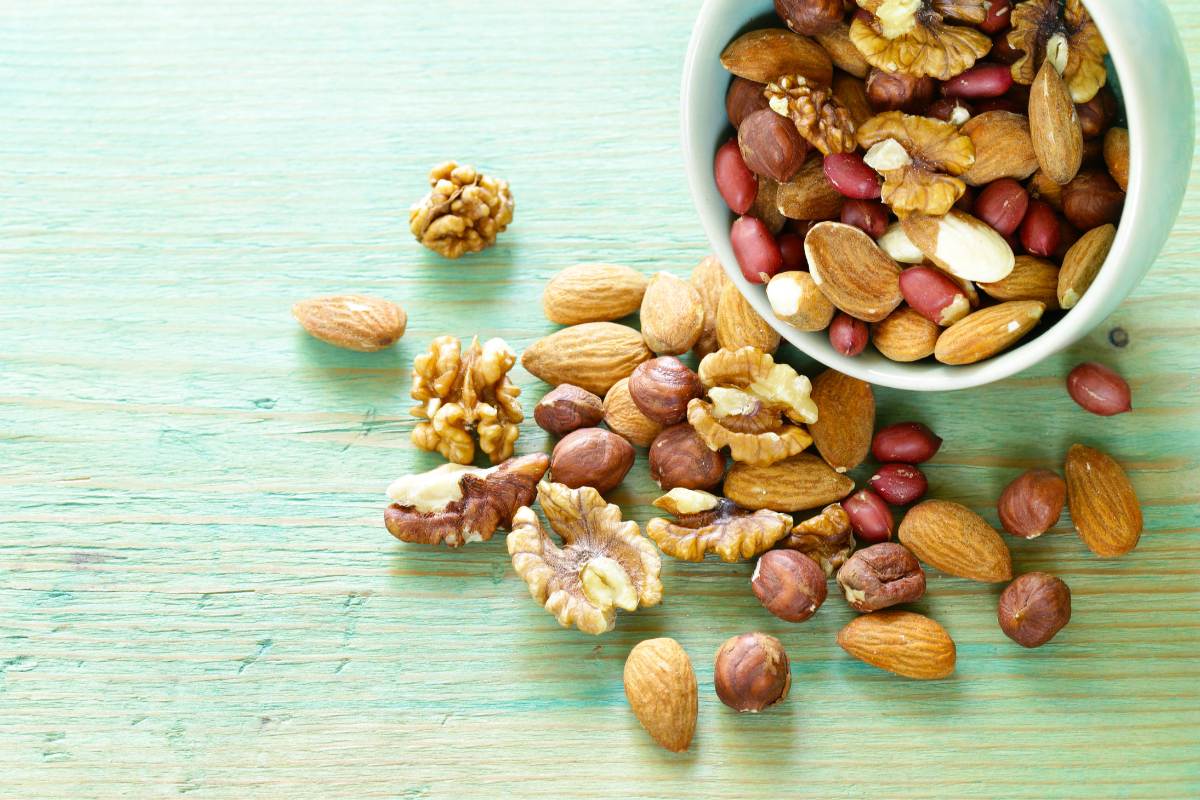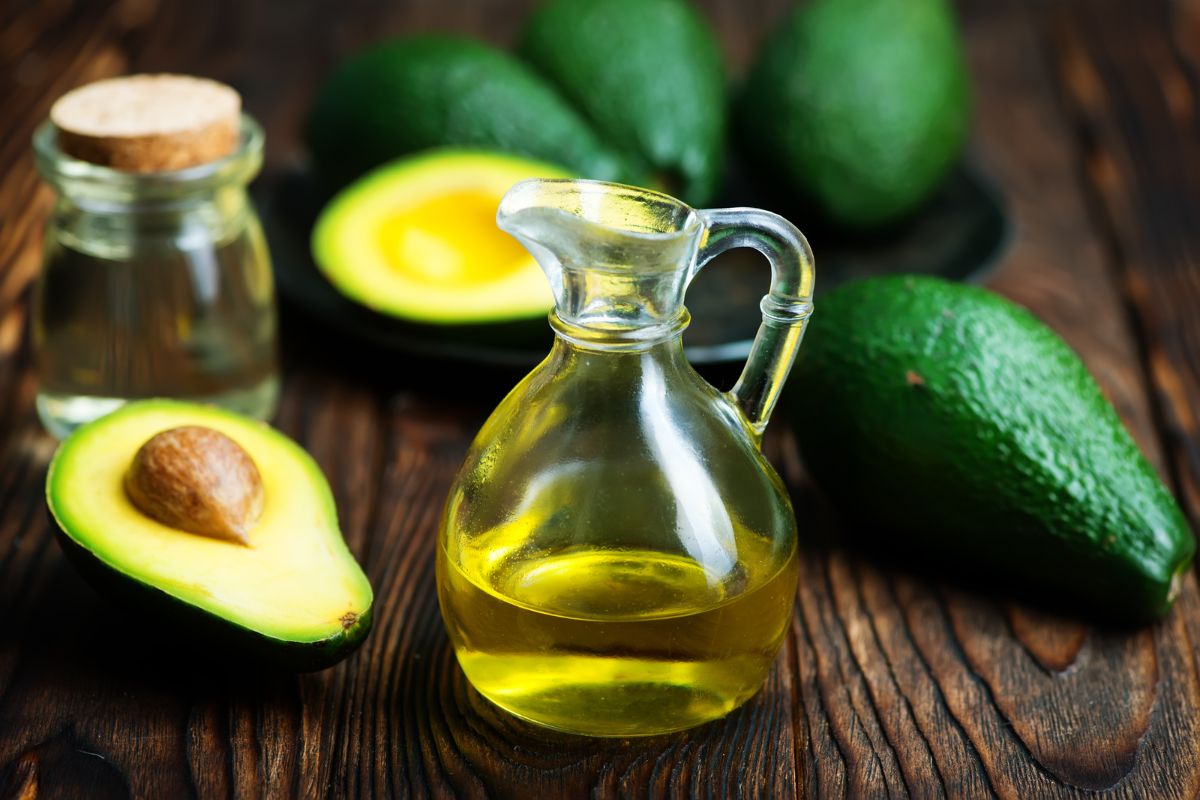Enhance Your Diet with These Electrolyte-Rich Foods
Have you ever wondered how a small change in your diet could boost your energy, improve performance, and enhance your overall well-being? Get ready to discover the untapped potential of electrolyte-rich foods – the natural fuel your body desires for optimal health.
Electrolytes, like the electricity powering our homes and cars, are fundamental for bodily functions, such as digestion, nerve function, heart health, and muscle activity. However, imbalances can arise from factors like diet, hydration, and various medical conditions, leading to symptoms like muscle cramps, dizziness, weakness, irregular heartbeat, and mental fog. These signs, particularly painful muscle cramps, highlight the need for electrolyte-rich foods. Explore natural food sources abundant in these vital minerals, offering a healthier option than sports drinks or supplements, which often include added sweeteners and artificial ingredients.
Types of Electrolytes
Within the body, electrolytes help generate nerve impulses and muscle contractions, ensuring seamless communication and coordination among the body’s systems. They are imperative to maintaining fluid balance, influencing blood pressure, and supporting the body’s acid-base balance. Key electrolytes include:
- Sodium: Essential for maintaining fluid balance and supporting nerve and muscle function.
- Potassium: Regulates heart rhythm, muscle contractions, and supports healthy nerve function. It often has a counteractive role with sodium, especially in blood pressure control.
- Calcium: Ensures the growth and strength of teeth and bones, and is vital for nerve conduction, muscle contraction, and blood clotting.
- Magnesium: Aids in muscle relaxation, calms nerves, and balances calcium intake for heart health. Magnesium is the anti-stress mineral and often counteracts the role of calcium.
- Bicarbonate: Helps maintain the body's acid-base balance and supports digestive health.
- Chloride: Crucial for fluid balance and the production of digestive acids.
- Phosphate: Supports the formation of bones and teeth and plays a key role in energy production. Phosphate is an essential part of ATP (adenosine triphosphate), the body’s energy currency.
Electrolyte imbalances can stem from factors like kidney disease, poor diet, dehydration, acid-base imbalances, certain medications, and age-related kidney efficiency decline. As you can see from the list of functions that electrolytes support, these imbalances disrupt a variety of processes like muscle contractions, clear thinking, reaction time, digestion, and energy production. Thankfully, a variety of nutritious foods are available for us to include in our diets to maintain a balance of electrolytes in our bodies.
Consider including these powerful foods to enhance your electrolyte levels:
Electrolyte-Rich Foods
Bananas and Avocados
Known for their high potassium levels, these fruits are essential for balancing electrolytes and promoting overall health. Bananas are also a great source of vitamin B6 and fiber, while avocados offer heart-healthy monounsaturated fats and fiber. Eat bananas as a snack, blend them into smoothies, or incorporate them into baking. Avocados are excellent in salads, spread, or as a creamy addition to smoothies.
Leafy Greens (Kale, Spinach, Swiss Chard, Collard Greens, Mustard Greens, Turnip Greens, Bok Choy)
These greens are rich in potassium, magnesium, and calcium. They also contain vitamins A, C, and K, along with antioxidants supporting immune health and reducing inflammation. Enjoy them sautéed or add them to soups and stews.
Root Vegetables (Sweet Potatoes, Carrots, Beets, Potatoes)
Excellent sources of potassium and magnesium, root vegetables are a nutritious choice for electrolyte replenishment. Sweet potatoes and carrots are rich in vitamin A, beets improve blood flow, and potatoes offer vitamin C and B6. Roast or boil these vegetables. Carrots make a great base for many fresh vegetable juice recipes. Sweet potatoes and beets are great in salads, while potatoes can be mashed or baked into healthy fries.
Coconut Water
This natural beverage stands out for its high potassium content, making it an excellent hydrating drink. It also contains electrolytes like sodium and magnesium that are ideal for post-exercise hydration. Enjoy it plain, use it as a smoothie base, or incorporate it into soups, stews, or rice dishes.
Nuts and Seeds (Almonds, Walnuts, Pistachios, Sunflower Seeds, Pumpkin Seeds, Sesame Seeds, Flax Seeds)
Great sources of potassium and magnesium, these nuts and seeds also provide healthy fats, protein, and fiber, promoting heart health and satiety. Snack on them, sprinkle them on salads, blend them into healthy salad dressings, or add them to oatmeal.
Organic Soybeans and Tofu
Rich in magnesium and potassium, soybeans and tofu are excellent protein sources for muscle repair and maintenance. Include them in stir-fries, salads, or create tofu-based scrambles for a nutritious meal.
Dried Fruits (Prunes, Apricots, Raisins)
Packed with potassium, dried fruits offer essential electrolytes and a quick energy boost. They’re also a good source of fiber, aiding digestion. Add them to oatmeal, combine them with nuts and seeds in trail mix, or enjoy them as a sweet snack.
Citrus Fruits (Oranges, Lemons, Grapefruit)
Known for their high electrolyte content, particularly potassium, citrus fruits are also rich in vitamin C for immune function. Juice them, add to water for a refreshing drink, or use in salads and dressings.
Organic Fortified Breakfast Cereals and Plant-Based Milks
Enriched with electrolytes like calcium and magnesium, these cereals and milks offer a convenient way to boost your intake. They’re often fortified with vitamins D and B12, making them beneficial for overall health. Enjoy fortified cereals with plant-based milk for a nutrient-rich breakfast or use the milk in smoothies and coffee.
Conclusion
Incorporating these foods into your daily diet can significantly improve electrolyte balance and overall health, offering a delicious and natural way to stay hydrated and nourished. From leafy greens to fresh fruits and nuts, these foods offer a natural way to maintain electrolyte levels. For those managing conditions like high blood pressure or kidney disease, it's important to tailor your diet to your specific needs, sometimes under the guidance of a healthcare professional. Embrace these mineral-rich foods and reap the health benefits they bring.






